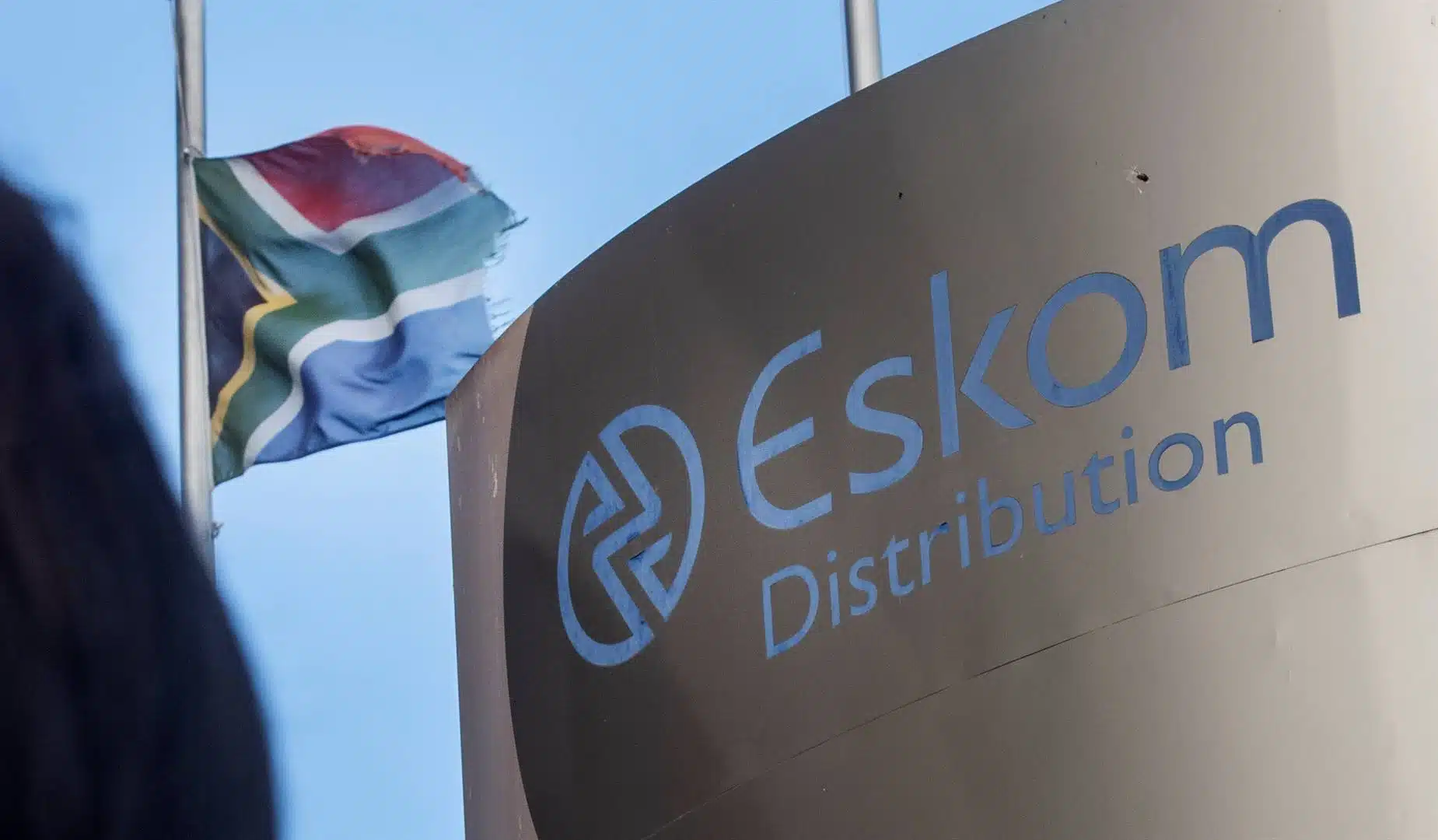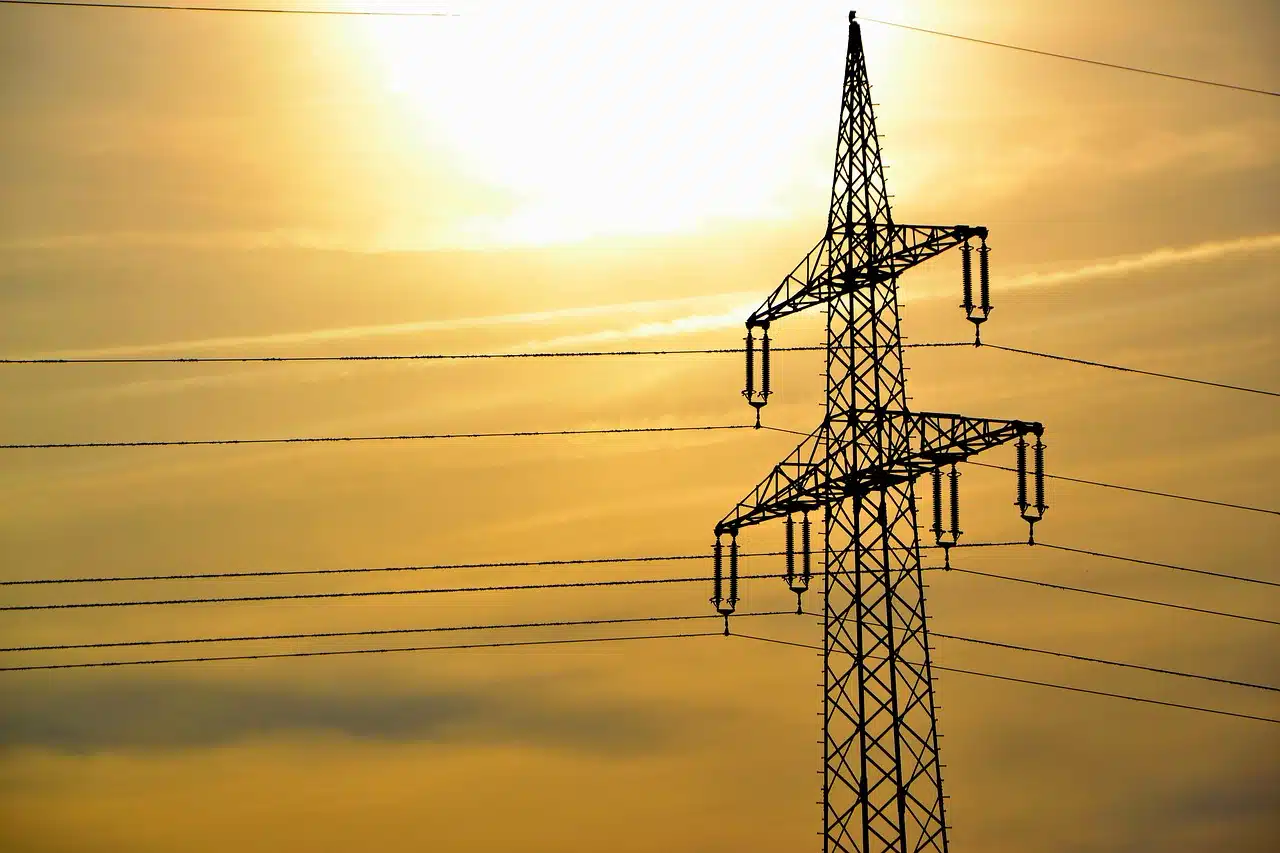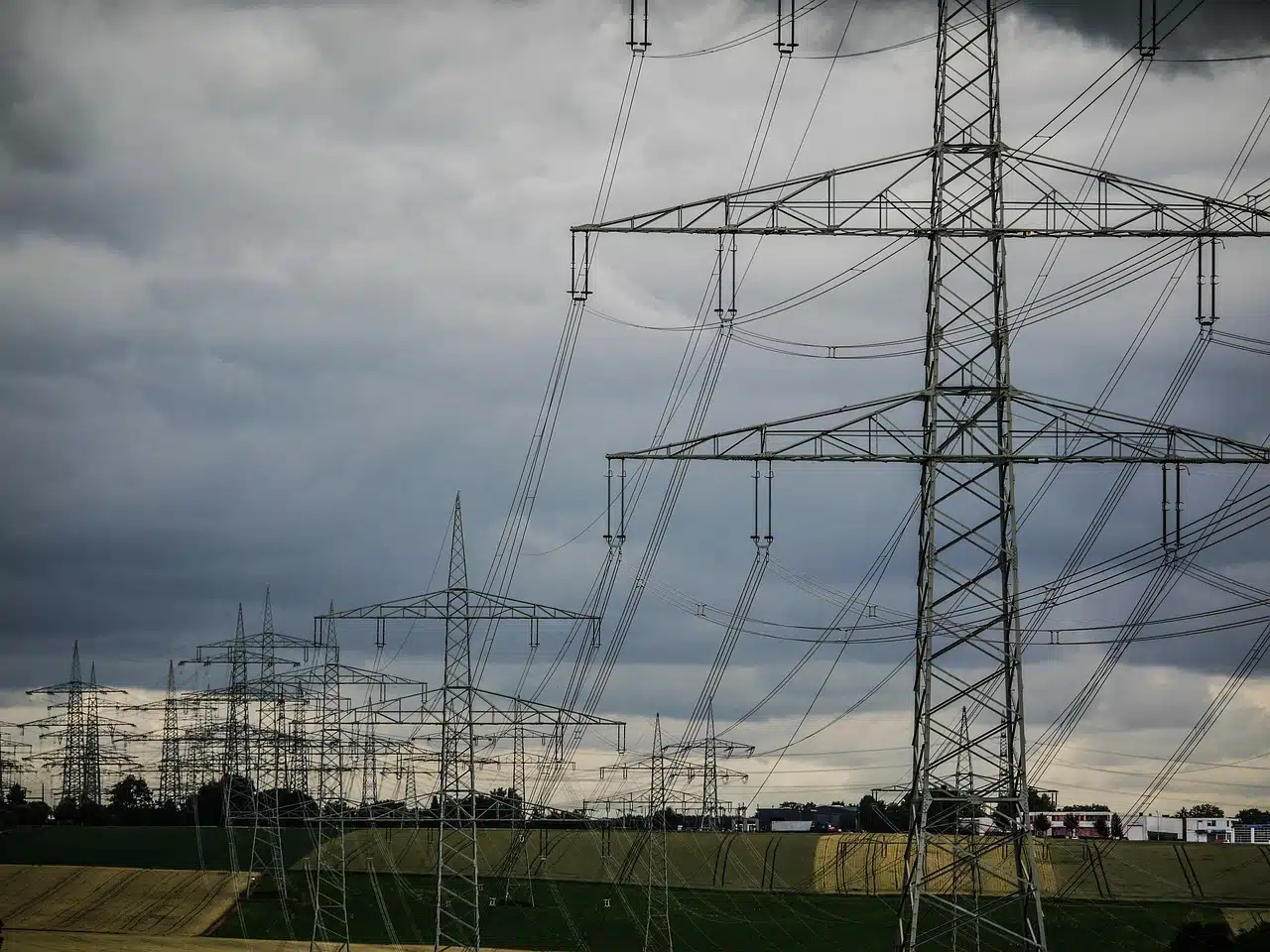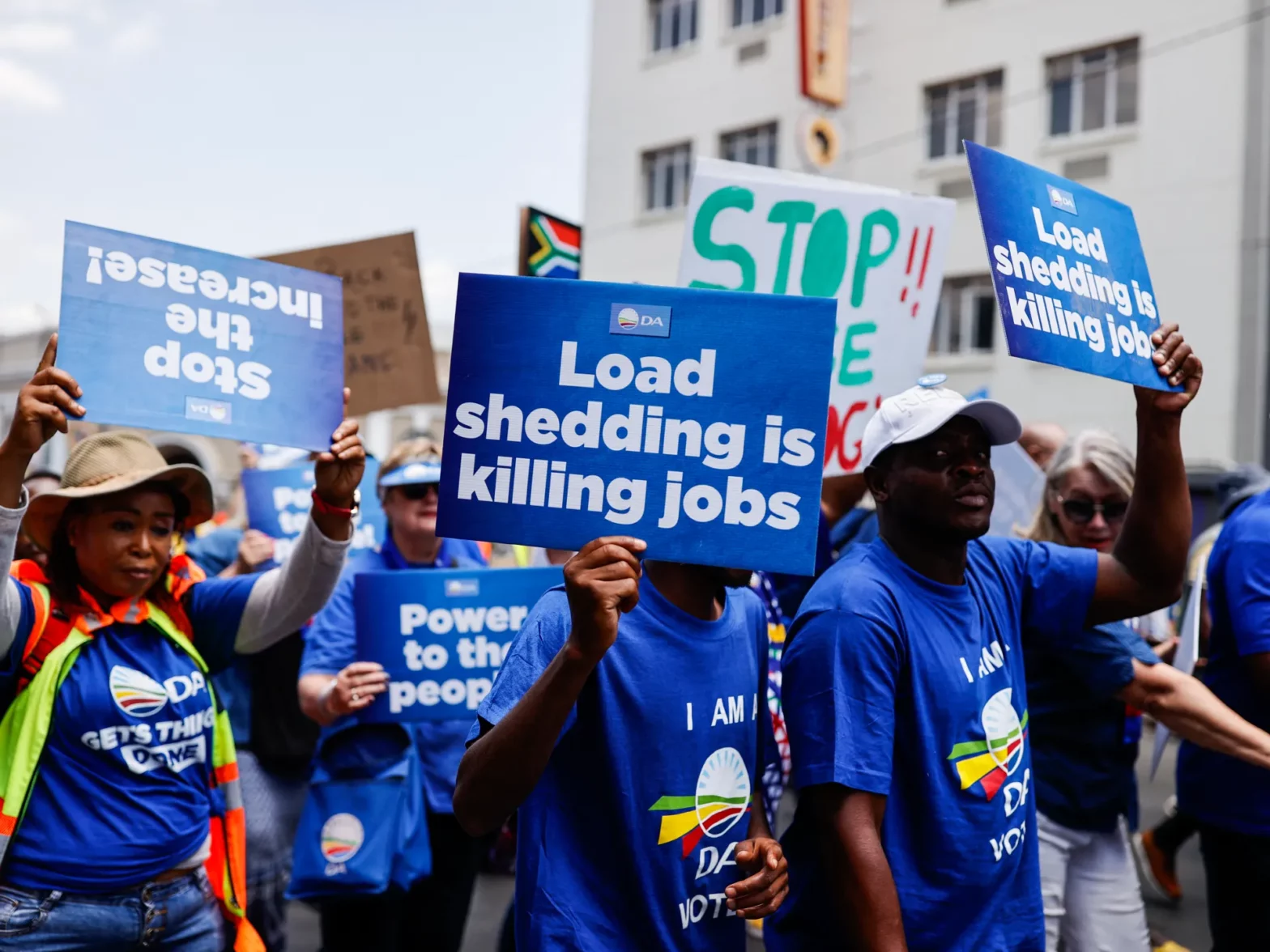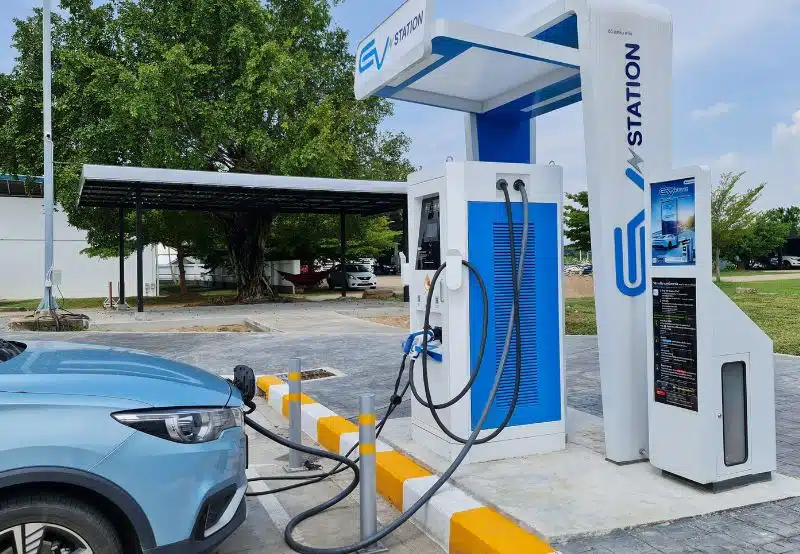South Africa’s state power utility, Eskom Holdings, has welcomed the National Energy Regulator of South Africa’s (NERSA) approval of its Financial Year 2026 tariffs and announced that the newly approved tariffs will come into effect on 1 April 2025.
The new tariff structure, designed to eliminate unintended subsidies and simplify pricing, will see a 12.74% increase for Eskom direct customers and an 11.32% increase for municipal bulk purchases, effective 1 July 2025.
Eskom Group Executive for Distribution, Monde Bala, emphasised that the updated tariffs will improve energy security and reliability by providing clearer price signals.
“This approval allows us to continue working towards a fairer and well-structured tariff system,” he said.
Eskom Group Chief Executive Dan Marokane added that the reforms represent a significant step towards fully unbundled tariffs, enhancing cost transparency and supporting a competitive energy market.
“The approval of the Eskom FY2026 tariffs represents a significant step towards fully unbundled tariffs, introducing separate charges for electricity capacity usage and network services across tariffs that were not unbundled.
“This approach enhances cost transparency and provides customers with a clearer breakdown of electricity expenses”, Dan Marokane said.
The revised tariffs aim to ensure equitable cost recovery, promote affordability, and support the integration of alternative energy sources.
They also align with NERSA-approved costs for generation, transmission, and distribution services, while reinforcing the “user-pays” principle in electricity pricing.
Key changes for residential and municipal customers
In addition, residential customers will benefit from a simplified pricing structure, with the removal of higher rates for consumption above 350kWh. Instead, all consumption will be charged at a single rate per kilowatt-hour (c/kWh).
Eskom has encouraged low-income households to register for Free Basic Electricity (FBE) to access government-subsidised rates.
For customers with solar rooftop installations, the new tariffs will allow them to export excess energy to the grid and receive energy credits, reducing their electricity bills.
Importantly, customers without solar generation will no longer subsidise those with their own generation, as backup costs will now be charged separately.
Municipalities will see a streamlined tariff system, with the previous 10 municipal tariffs consolidated into three categories: Municflex for large power users, Municrate for small power users, and Public Lighting.
This change is expected to simplify electricity purchasing and management for municipalities.
Improved transparency and fairness
The new tariffs introduce greater transparency by unbundling charges into separate components for energy, network, and retail services.
This will make it easier for customers to compare electricity costs and explore alternative energy options.
Service charges will now be calculated per point of delivery (POD) rather than per account, ensuring fairness for large industrial, mining, and municipal customers with multiple supply points.
Time-of-use tariffs have also been adjusted to better align with the needs of industry, mining, and commerce.
What customers can expect
While the average tariff increase is 12.74%, the impact on individual customers will vary depending on their tariff category.
Large industrial, mining, and commercial customers, for example, will see reductions in fixed charges and winter energy time-of-use prices.
The new tariffs do not apply to customers not directly supplied by Eskom.
This landmark decision by NERSA marks a pivotal moment in South Africa’s energy sector, paving the way for a more transparent, equitable, and sustainable electricity pricing system.

